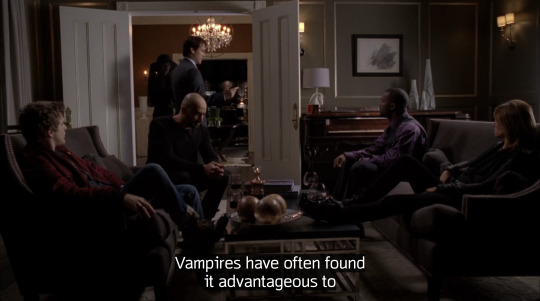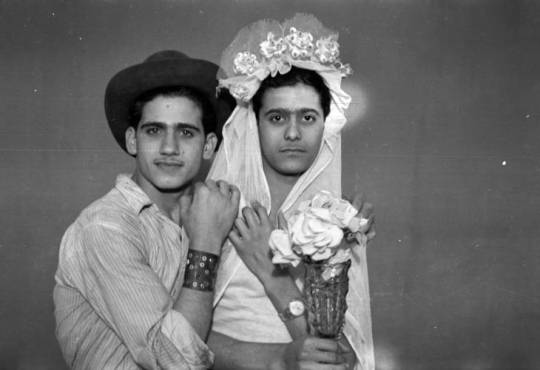Text
anyway you should always remember that all those foreigners you see dying on the news are just as real people as you are who have just as much interiority as you do. there is nothing about you that makes you more important and it is by pure chance that you are not in their position. in fact, this holds for all of history. every person, no matter the horror of the fate that befell them, had just as much interiority as you do. i feel like some people haven't fully internalized this.
44K notes
·
View notes
Text
books i got with my bonus

2 notes
·
View notes
Text

Night Pool # 8, 40 x 32 cm, oil on perspex on wood panel, 2024 Alice Brasser
2K notes
·
View notes
Text
the kids were saying they want to meet my dad since my mom the kindergarten teacher visited a while ago to tell them all about kindergarten. they could not believe i don’t know what his job is. quickly changed the subject back to how to read a clock.
2 notes
·
View notes
Text
When you read a book regarding historical figures or events and suddenly you have massive beef with some guy who passed away like three hundred years ago
9K notes
·
View notes
Text
so hot in that horrible room today that kinetic sand was hot to the touch. almost passed out alone with ten five year olds. i wonder what they would have done. we might see tomorrow.

1 note
·
View note
Text


French 20th Century Louis Philippe Style Commode
Fireside Antiques
9K notes
·
View notes
Photo

Bruce Springsteen drives a convertible in Nevada in 1977, by Eric Meola
213 notes
·
View notes
Text
“How can we distinguish what is biologically determined from what people merely try to justify through biological myths? A good rule of thumb is ‘Biology enables, culture forbids.’ Biology is willing to tolerate a very wide spectrum of possibilities. It’s culture that obliges people to realise some possibilities while forbidding others. Biology enables women to have children – some cultures oblige women to realise this possibility. Biology enables men to enjoy sex with one another – some cultures forbid them to realise this possibility. Culture tends to argue that it forbids only that which is unnatural. But from a biological perspective, nothing is unnatural. Whatever is possible is by definition also natural. A truly unnatural behaviour, one that goes against the laws of nature, simply cannot exist, so it would need no prohibition. No culture has ever bothered to forbid men to photosynthesise, women to run faster than the speed of light, or negatively charged electrons to be attracted to each other. In truth, our concepts ‘natural’ and unnatural’ are taken not from biology, but from Christian theology. The theological meaning of ‘natural’ is ‘in accordance with the intentions of the God who created nature’. Christian theologians argued that God created the human body, intending each limb and organ to serve a particular purpose. If we use our limbs and organs for the purpose envisioned by God, then it is a natural activity. To use them differently than God intends is unnatural. But evolution has no purpose. Organs have not evolved with a purpose, and the way they are used is in constant flux. There is not a single organ in the human body that only does the job its prototype did when it first appeared hundreds of millions of years ago. Organs evolve to perform a particular function, but once they exist, they can be adapted for other usages as well. Mouths, for example, appeared because the earliest multicellular organisms needed a way to take nutrients into their bodies. We still use our mouths for that purpose, but we also use them to kiss, speak and, if we are Rambo, to pull the pins out of hand grenades. Are any of these uses unnatural simply because our worm-like ancestors 600 million years ago didn’t do those things with their mouths?”
— Sapiens: A Brief History of Humankind (Harari, Yuval Noah)
30K notes
·
View notes















